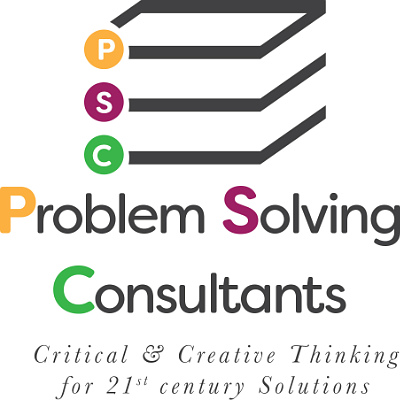** Cited from the statement issued by the MSU Board of Trustees on the fourth day of victim impact statements during the sentencing hearing for Larry Nassar.
If ever a published statement was the epitome of being tone deaf and insensitive, this certainly qualifies. I credit the trustees for requesting a review by the Michigan Attorney General’s Office. But that credit is tempered by their recent statement of support for the current president, stating that President Simon should continue in office. That statement is, in my assessment, premature and misguided.
Perhaps a reminder of ethical leadership is needed. Free of charge, here is a quick review of this concept. Ethical leadership is guided by a profound respect for ethics (what we do when no one is looking), especially such ethical values and beliefs which protect the dignity and rights of individuals. That guiding principle and such concepts as honesty, trust, and consideration, form the foundation for quality leadership. President Simon might have been the right leader at some point but a hallmark of a leader is that when the proverbial stuff hits the fan, the one in charge takes the blame. She was in charge and the majority of this travesty happened on her watch. On that basis alone, she must step down. She can lament that she did not know what was going on but she had the ethical responsibility to know. When she found out, she had the responsibility to do whatever she could to insure that the victims were harmed no further. Her desire to remain in office cannot take precedence over the need for MSU to redress the harms done to the victims. The Board of Trustees should immediately issue a new statement, acknowledging that MSU needs a new direction, one which adheres to the values of ethical leadership. That statement should also acknowledge the impact on the victims. Perhaps the trustees could express the hope that they can work with the victims to develop and implement changes that will insure that such a travesty never again happens at MSU or any other institution.
It’s about the victims now. Let them know without a doubt that MSU is going to do take a new direction, one that is both ethical and moral.
